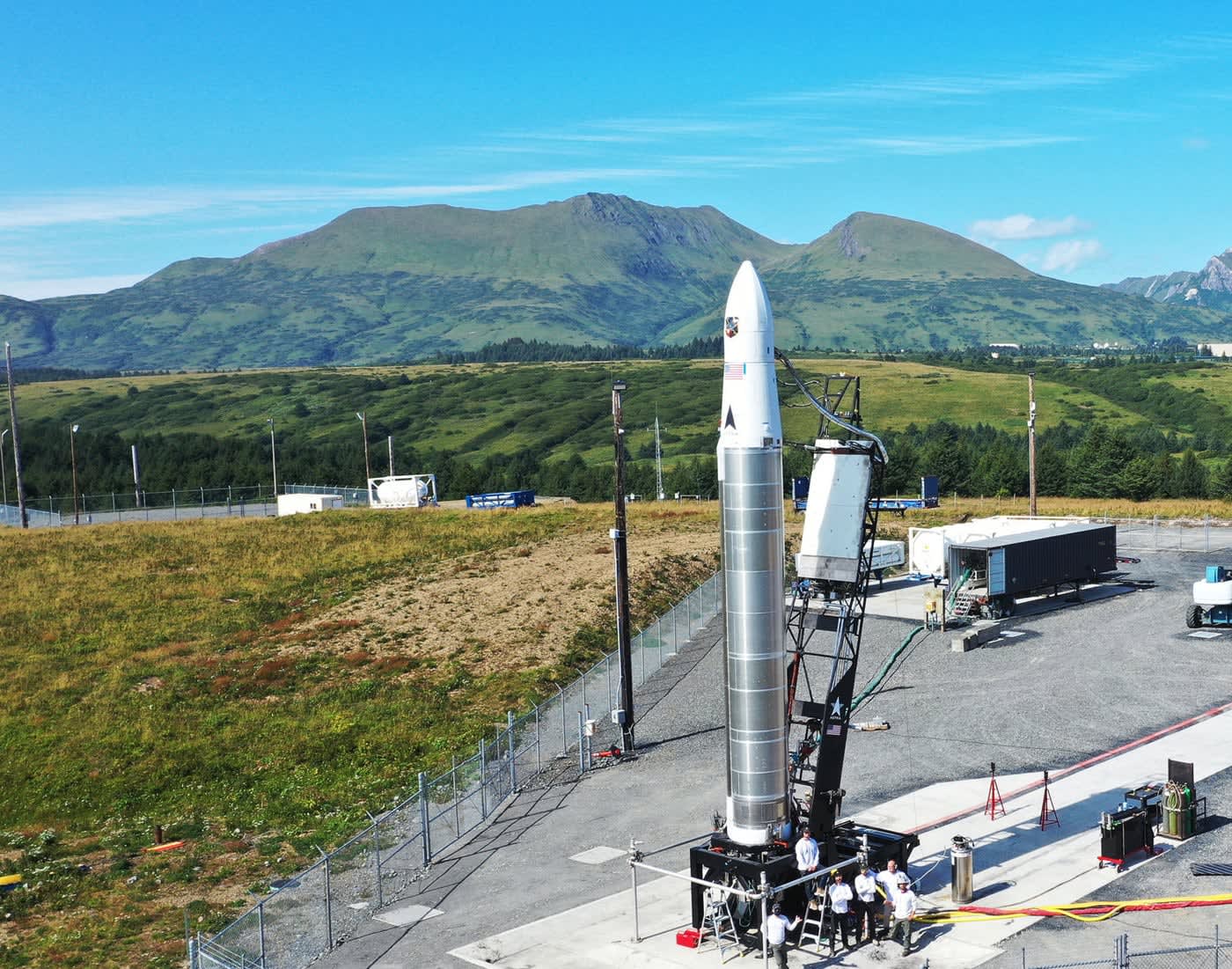Rocket builder Astra Space on Saturday launched its first rocket since the company went public. After a wobbly liftoff, the rocket failed to achieve its goal of reaching orbit.
At liftoff, the rocket appeared to move sideways rather than straight up. Astra founder, chairman and CEO Chris Kemp told CNBC that about a second into the flight, one engine shut down. The company is currently investigating the reason.
Astra founder and Chief Technology Officer Adam London added that the system performed relatively well under the circumstances. The rocket had sufficient thrust even with one engine out to very slowly lift off the pad, and the guidance system maintained control of the rocket.
About 2 minutes and 28 seconds into the flight, the flight safety crew issued an all-engine shut-down command which caused the rocket to stall, the CEO said. It reached an altitude of about 31 miles (50 kilometers) and returned back to earth with no injuries or damage to any property.
“It was obviously not successful at putting anything in orbit, but it was a flight where we learned a tremendous amount,” Kemp told CNBC. “We do have a serial 7 which is right now in production and we’ll take what we learned here and incorporate whatever changes into that rocket and will be flying soon.”
“We have a tremendous amount of data from the flight and are in the process of reviewing it,” he added.
The executives declined to give a timeline for their completion of the investigation, or the build of a new rocket and next flight.
Astra cut short its first launch attempt on Friday, with the rocket’s engines firing for a moment and then shutting down.
On Saturday, after a brief hold for fueling issues, Astra launched the rocket LV0006 from the Pacific Spaceport Complex in Kodiak, Alaska, at around 3:35 p.m. local time.
This was the first commercial launch for Astra, with the U.S. Space Force contracting the launch to test a payload under its Space Test Program.
The vehicle is 43 feet tall and fits in the small rocket segment of the launch market. Astra’s goal is to eventually launch as many of its small rockets as it can, aiming to launch one rocket a day by 2025 and drop its $2.5 million price point even further.
Saturday’s mission, rescheduled after Astra aborted a launch attempt on Friday, tested a variety of upgrades to Astra’s rocket since its last mission in December. While that prior mission made it to space, the rocket ran out of fuel and came just short of reaching orbit.
LV0006 on the launchpad in Kodiak, Alaska.
Astra
One of the company’s rockets experienced a guidance system problem during the company’s first mission earlier last year, and it crashed after liftoff.
Astra partnered with NASASpaceflight — a space industry content organization that is not affiliated with the U.S. agency — to webcast Saturday’s launch.
This is a developing story, please check back for updates.

